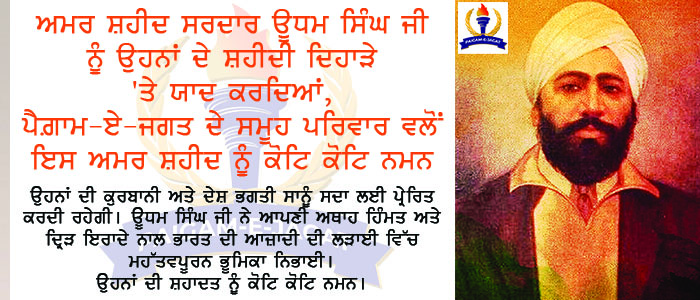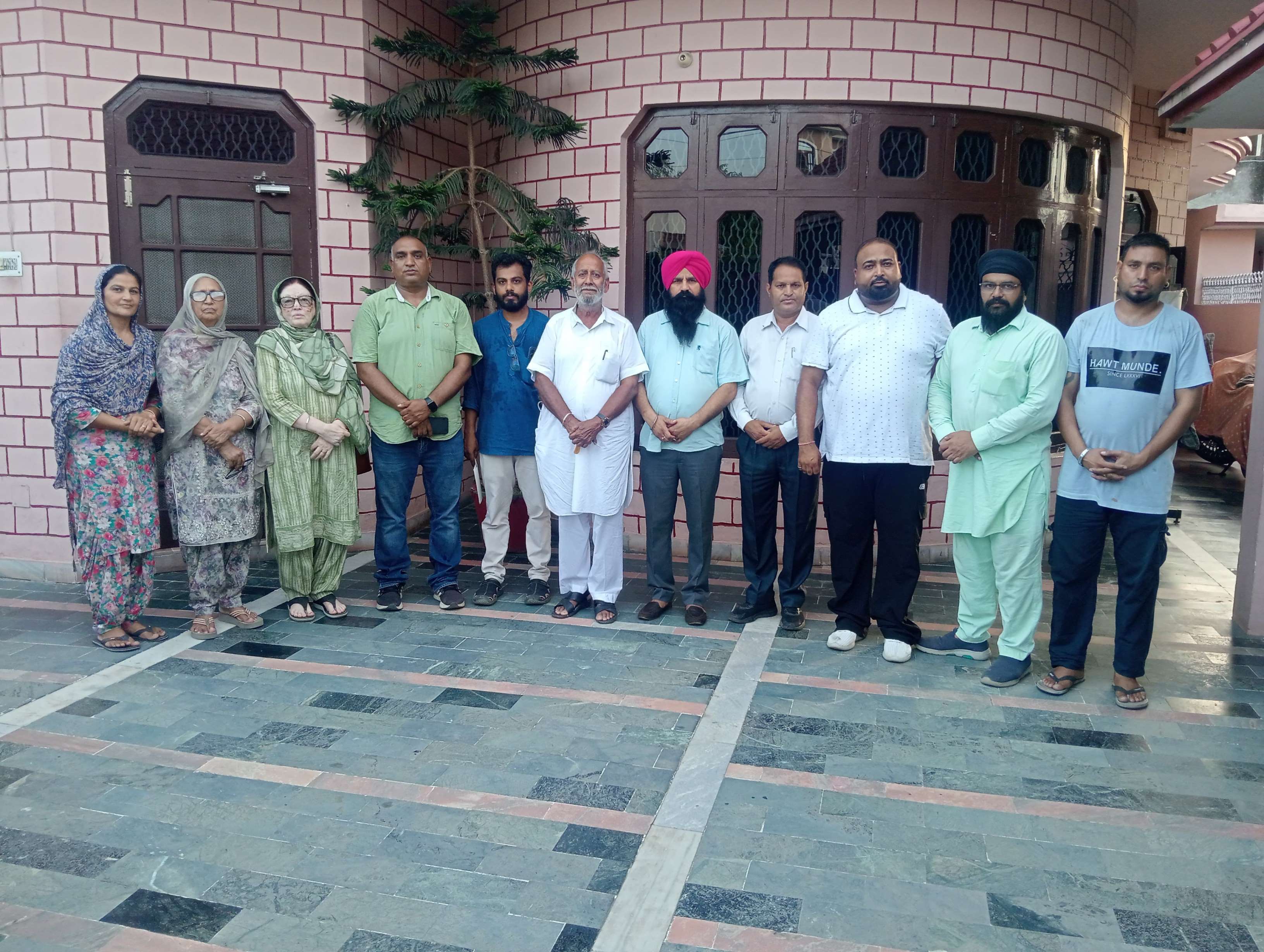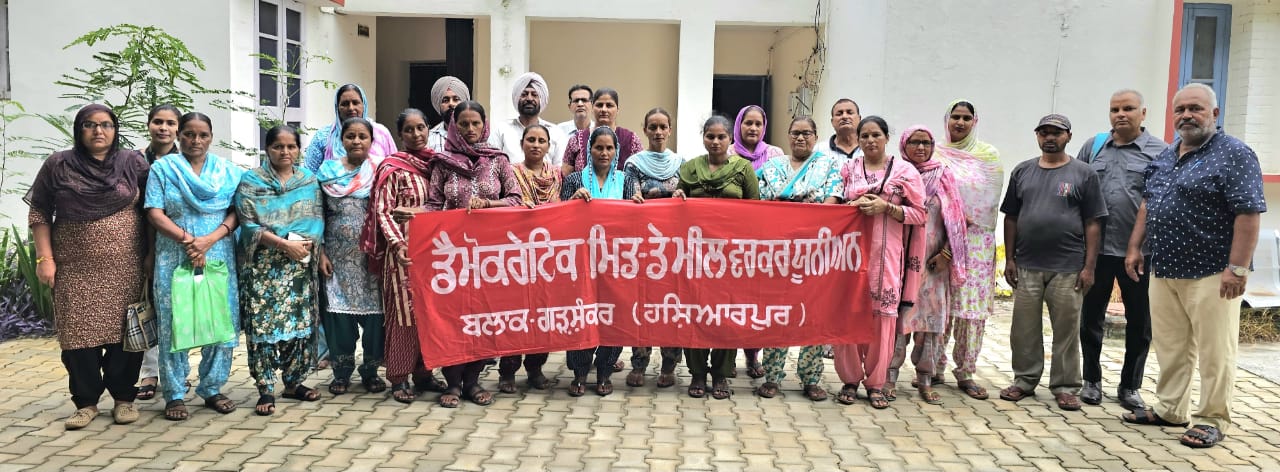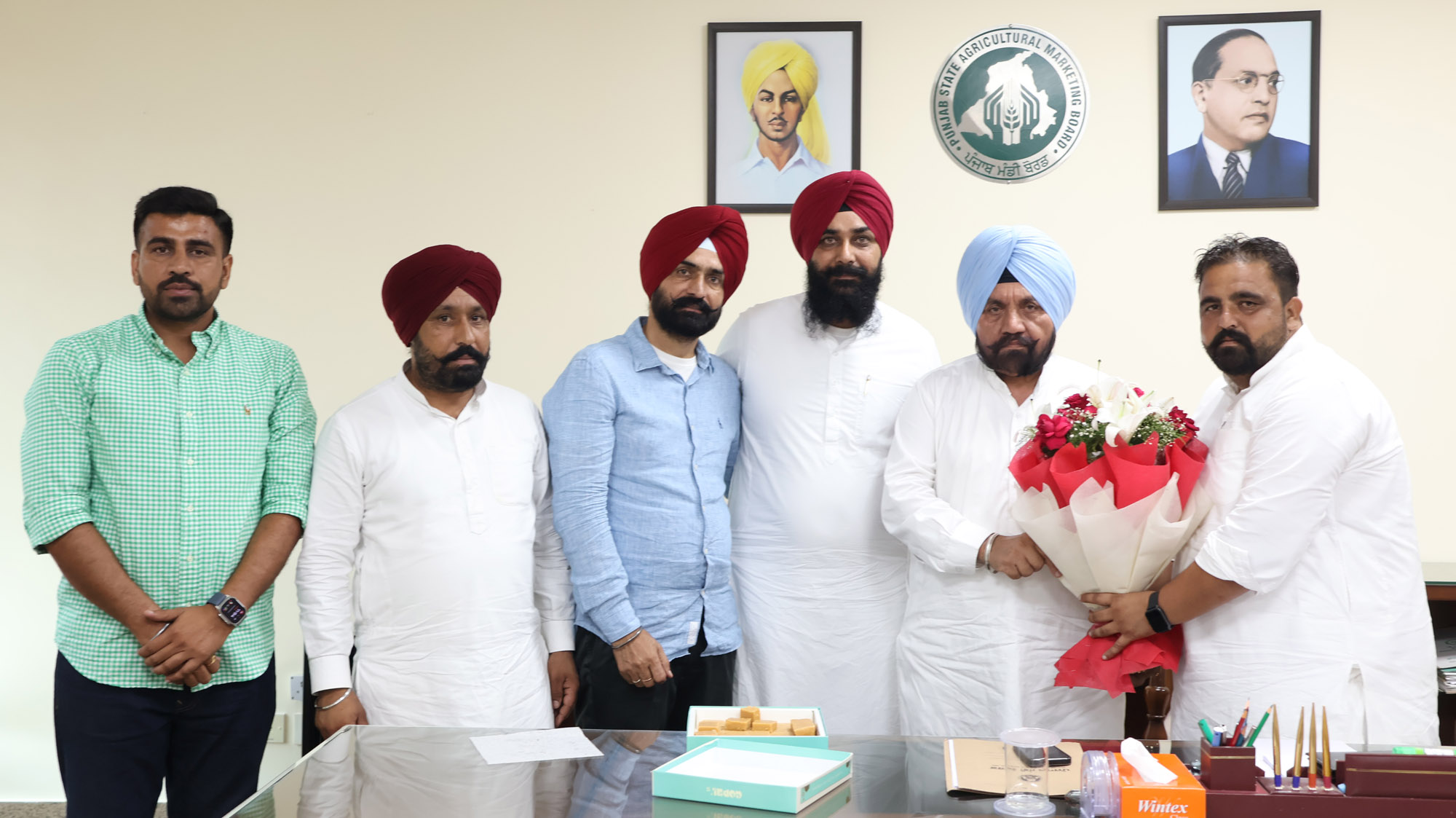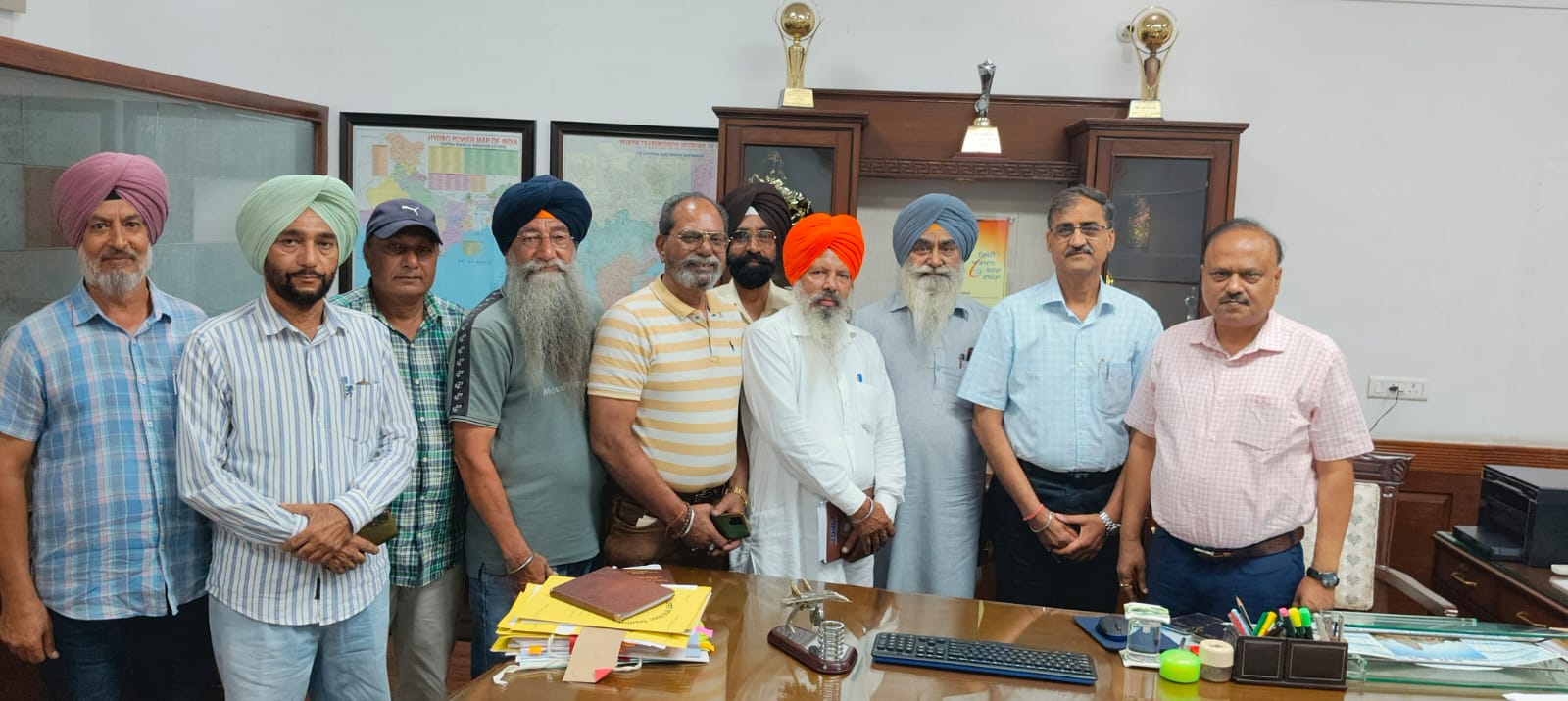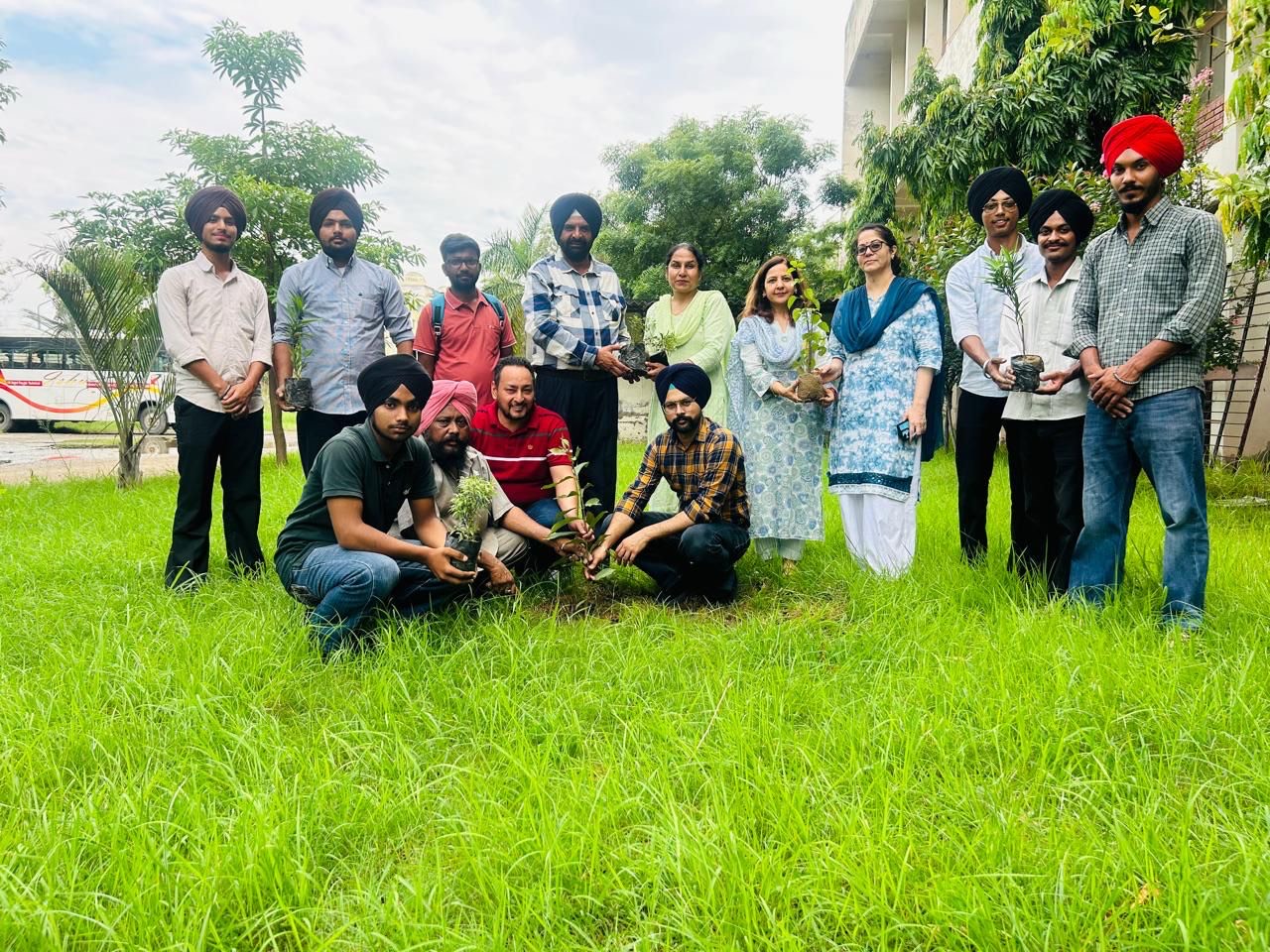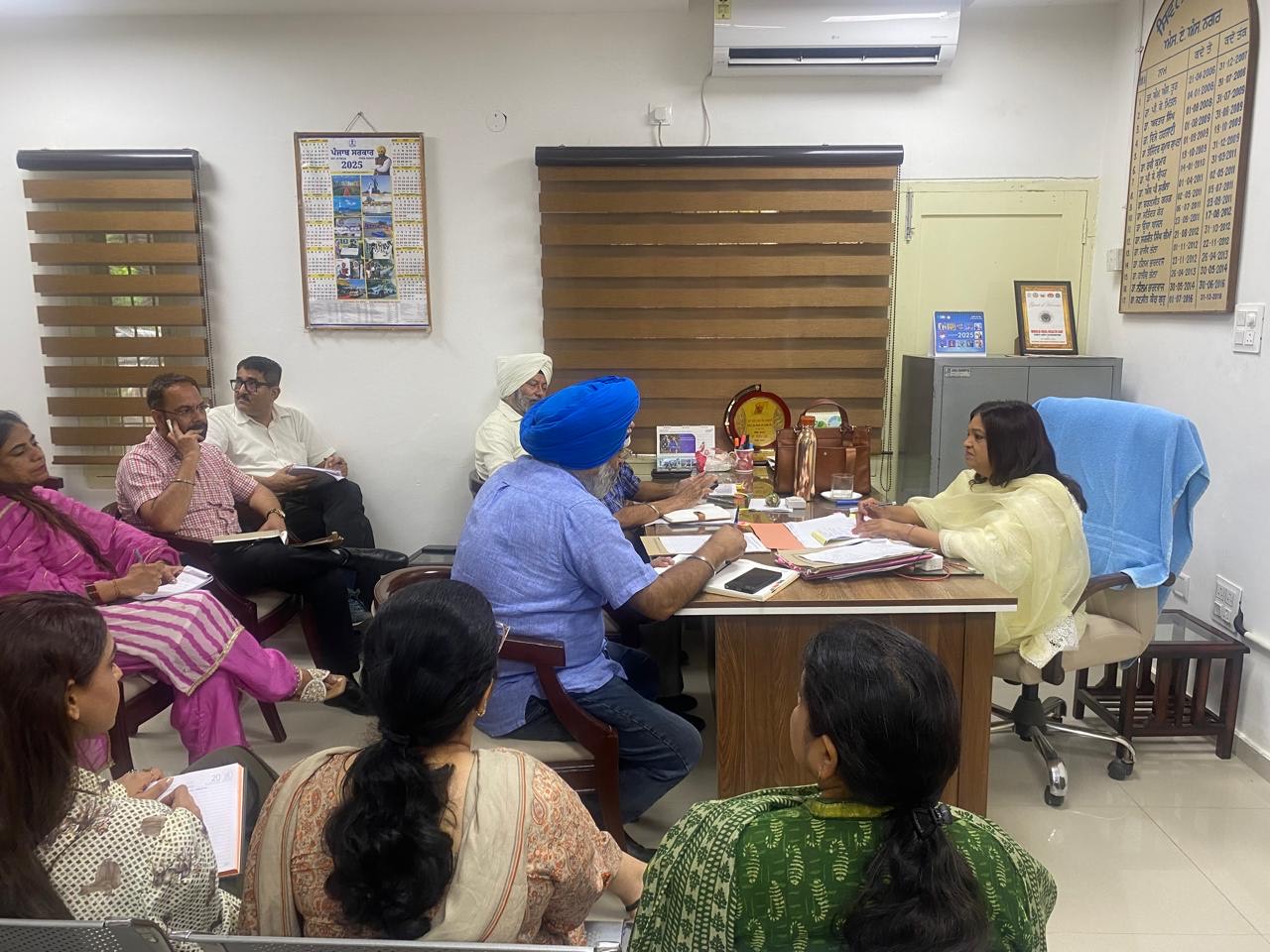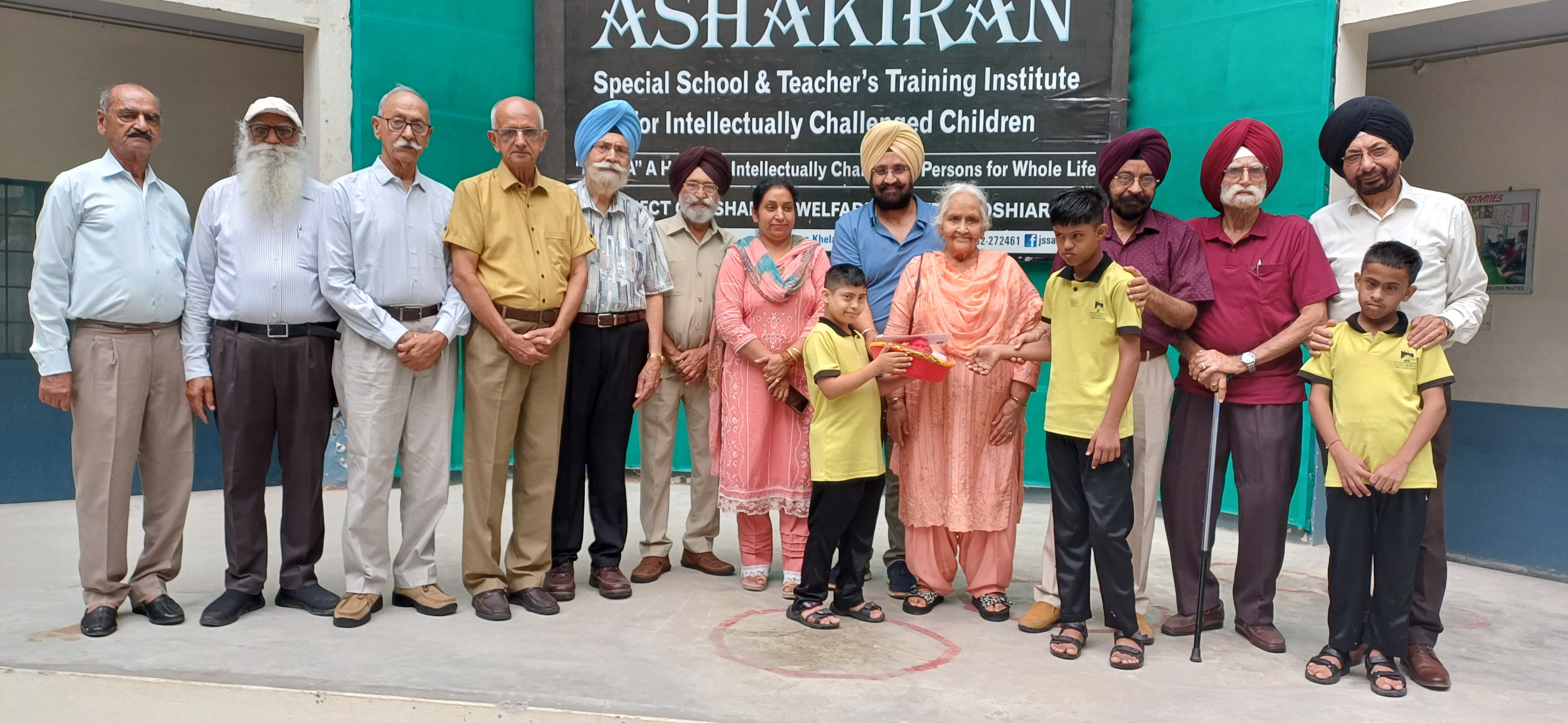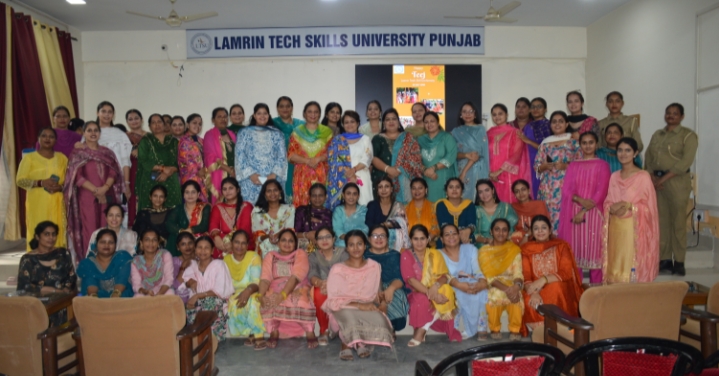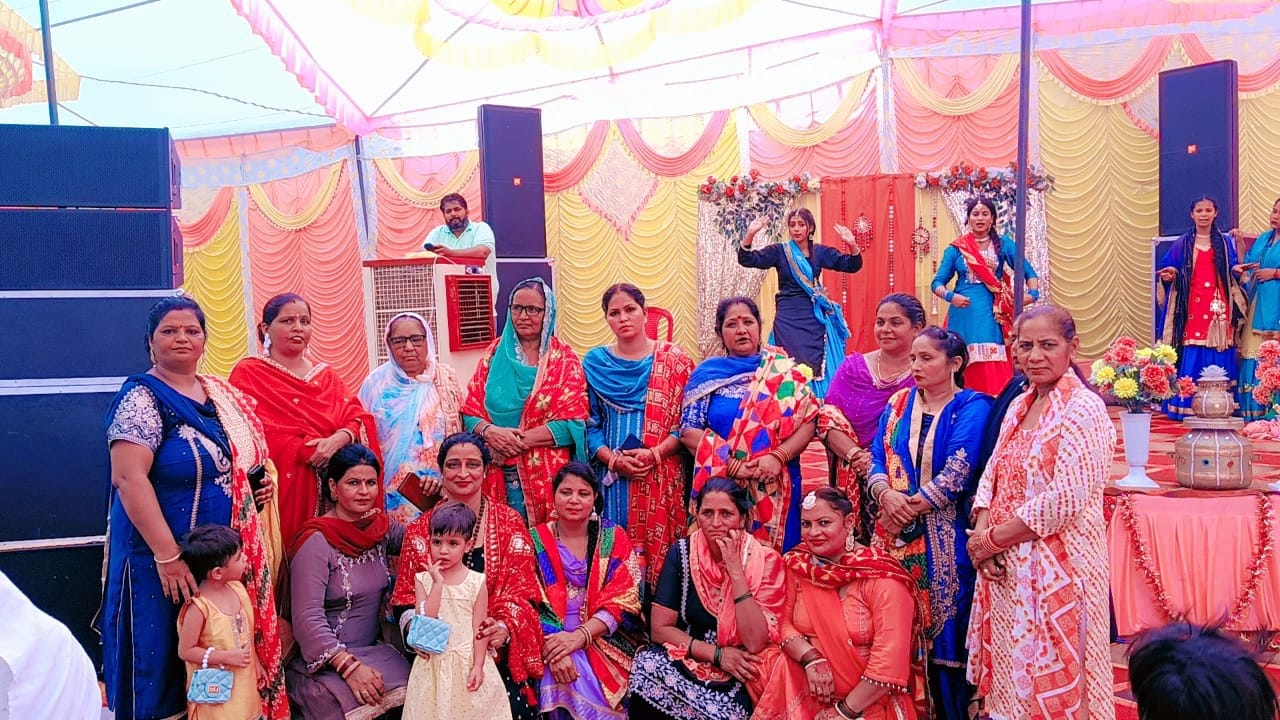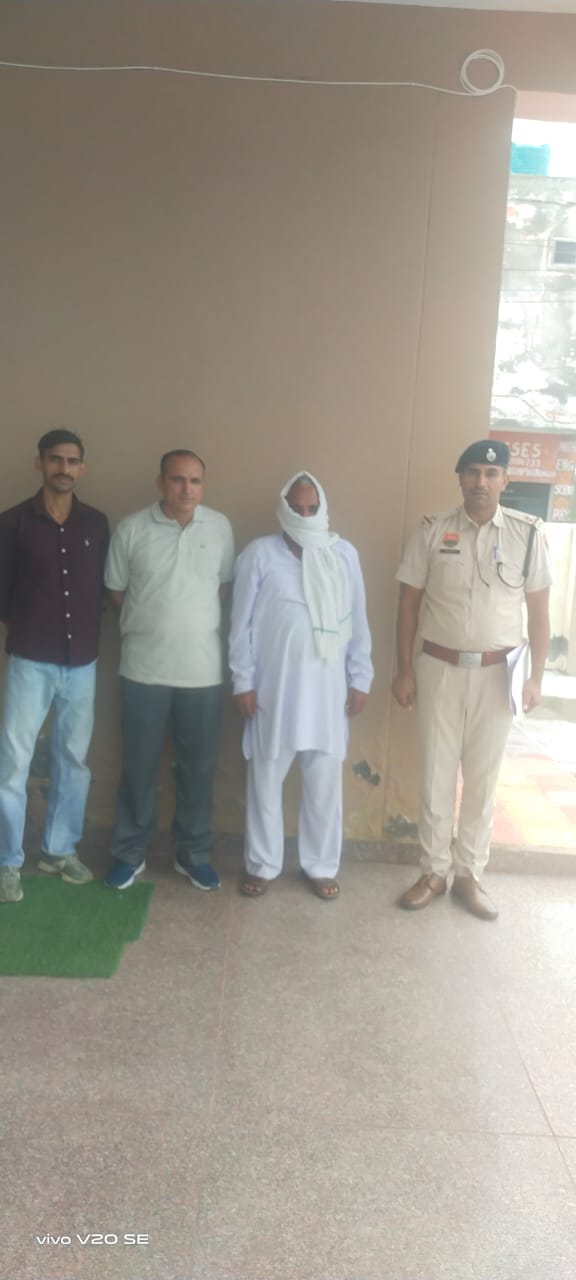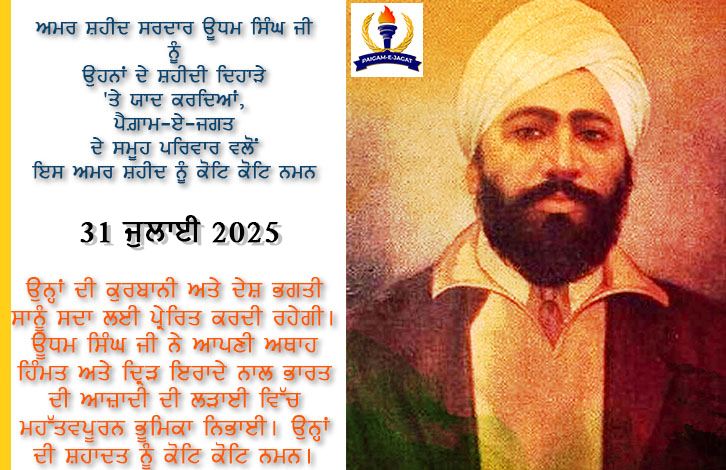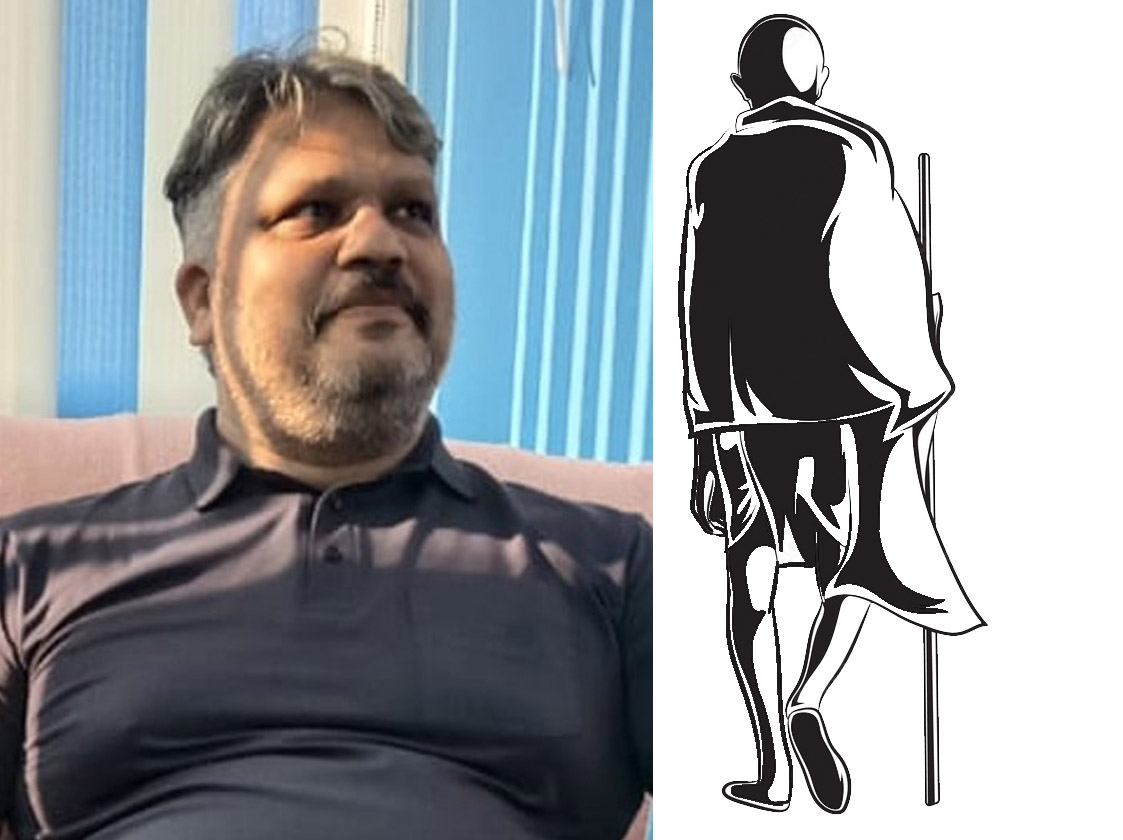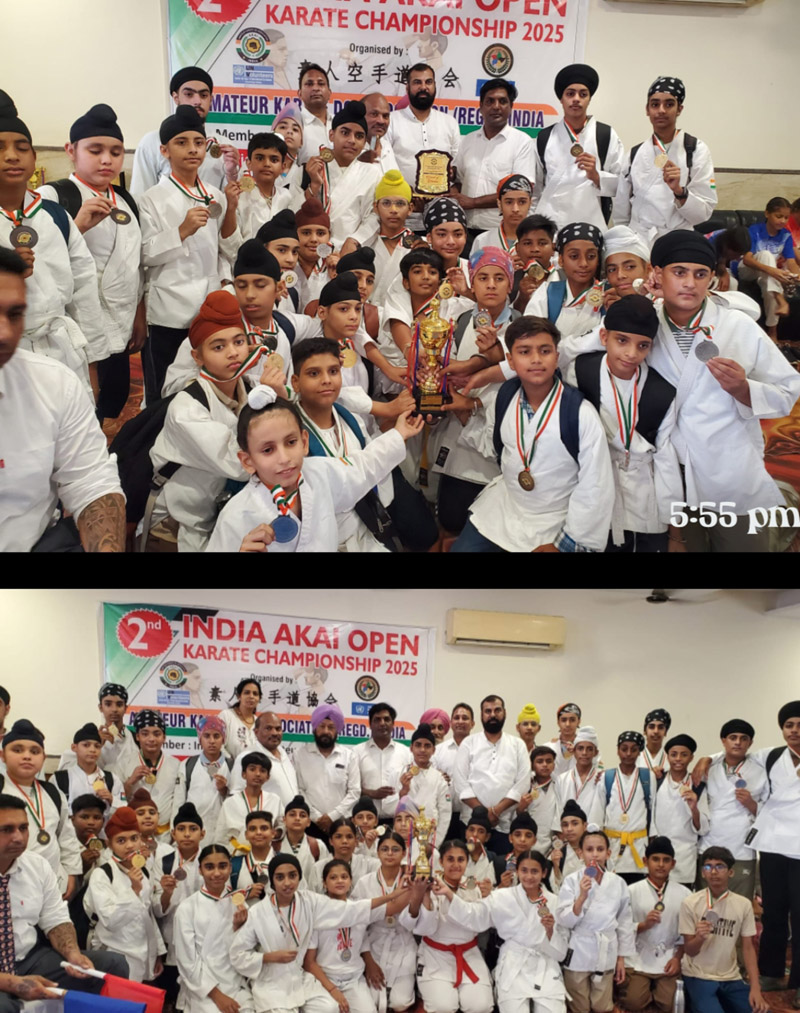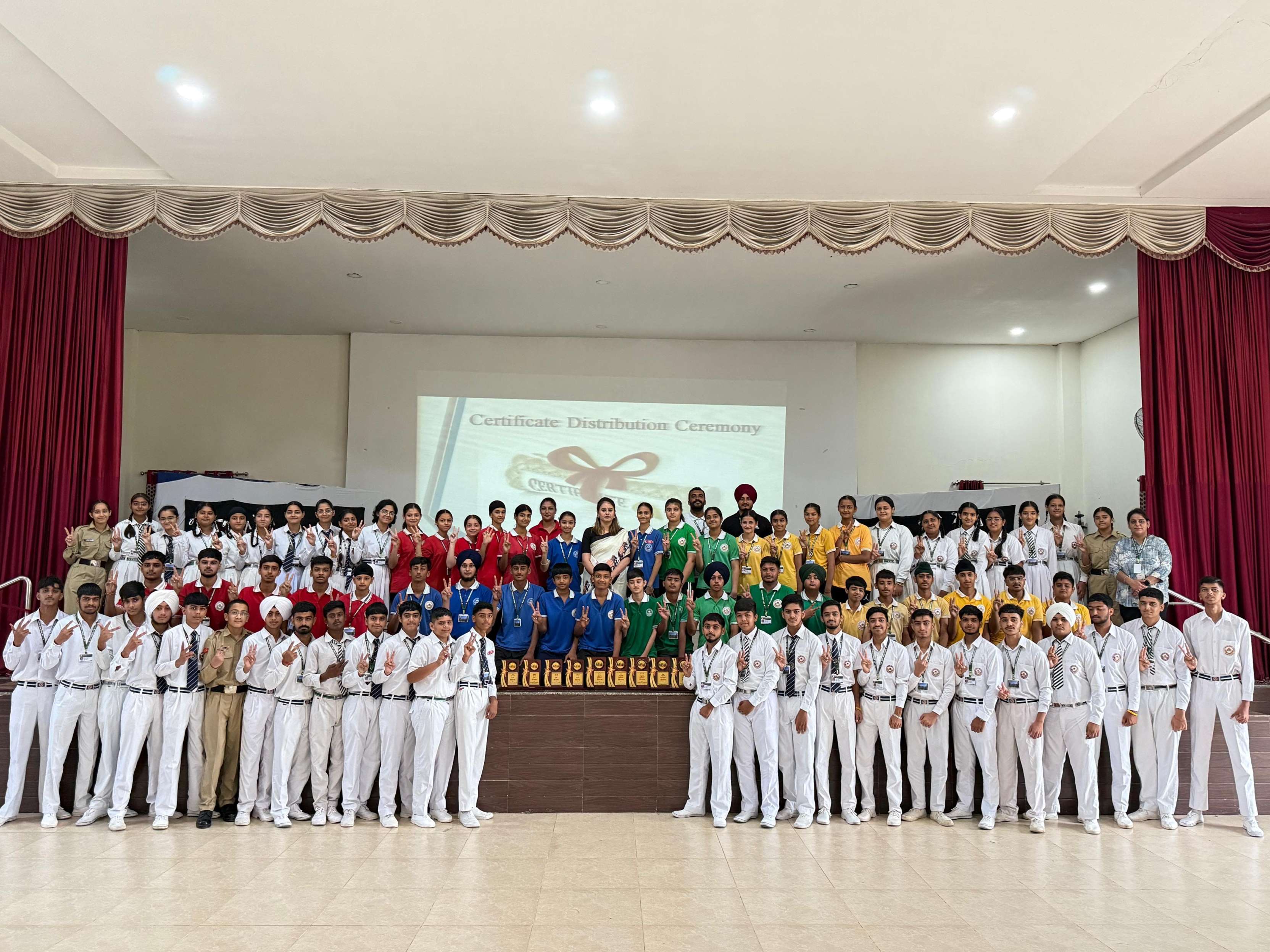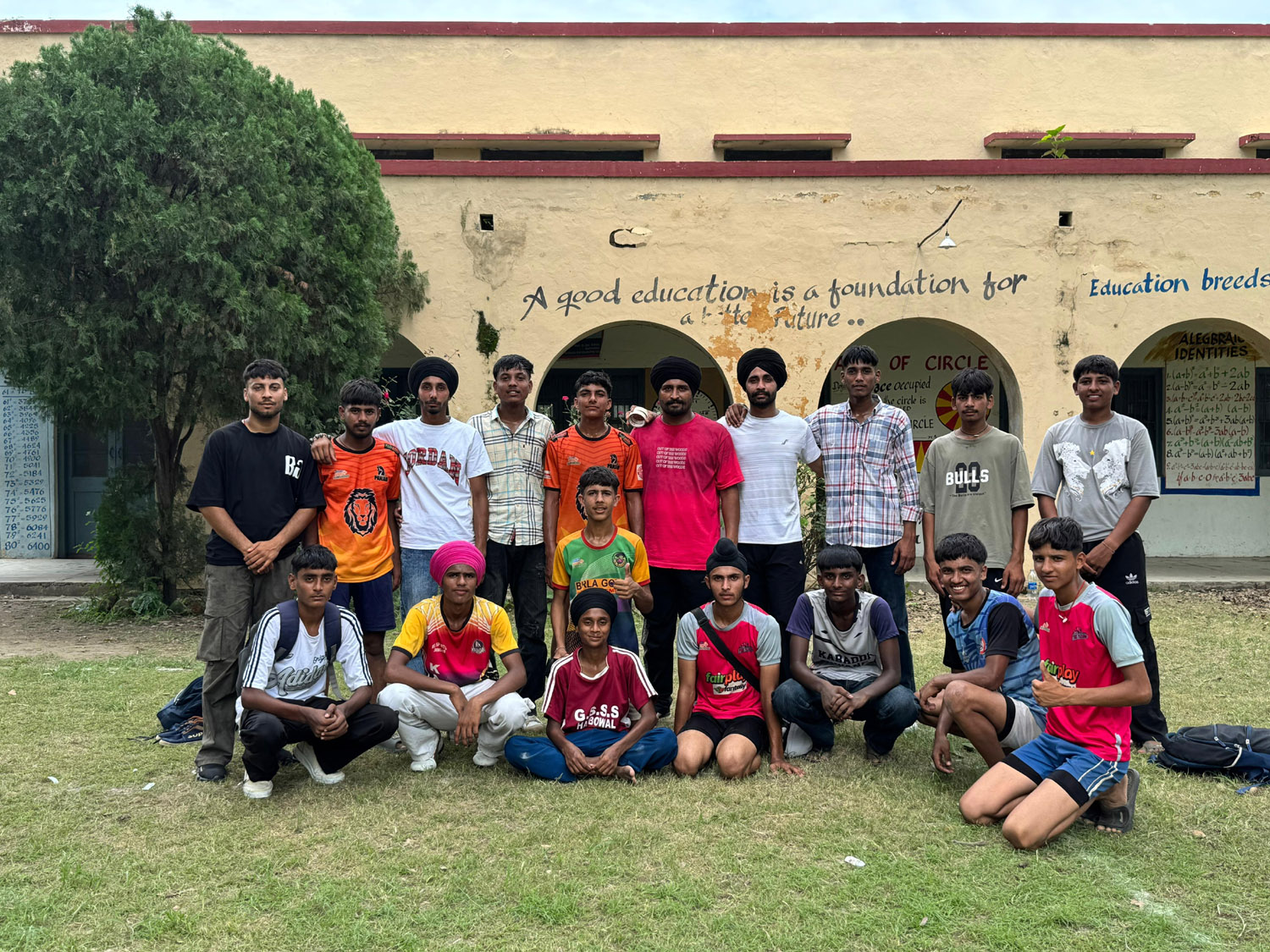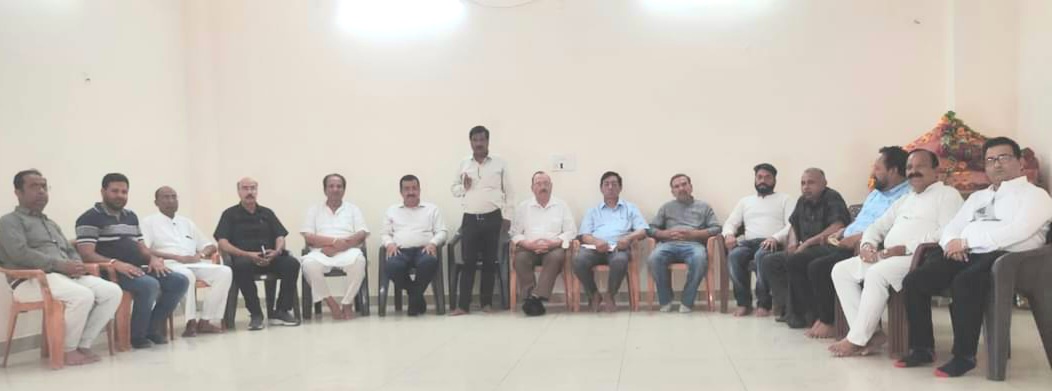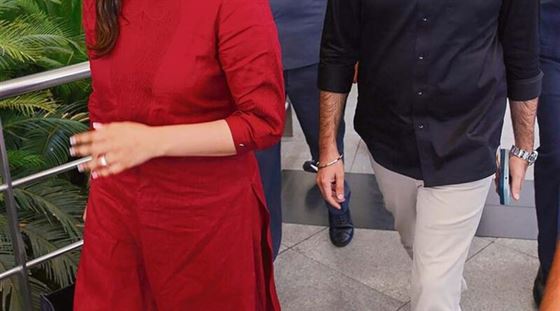Special on Gandhi Jayanti - "De di hame Azadi bina kharg bina dhal, Sabarmati ke Sant Tune kar dia kamal"
Today, on October 2, the entire country is remembering the Father of the Nation, Mahatma Gandhi, for his unique contribution to the liberation of India. Gandhiji was born on 2 October 1869 in Porbandar city of Gujarat, his full name was Mohan Das Karam Chand Gandhi. His father's name was Karam Chand Gandhi and mother's name was Putli Bai Gandhi. He stayed in South Africa from 1893 to 1914. He obtained the degree of Advocacy. He had to face racial discrimination many times in foreign lands. It was from here that the flag of the country's freedom rose in his chest and he emerged as an influential face of the Indian freedom movement.
Today, on October 2, the entire country is remembering the Father of the Nation, Mahatma Gandhi, for his unique contribution to the liberation of India. Gandhiji was born on 2 October 1869 in Porbandar city of Gujarat, his full name was Mohan Das Karam Chand Gandhi. His father's name was Karam Chand Gandhi and mother's name was Putli Bai Gandhi. He stayed in South Africa from 1893 to 1914. He obtained the degree of Advocacy. He had to face racial discrimination many times in foreign lands. It was from here that the flag of the country's freedom rose in his chest and he emerged as an influential face of the Indian freedom movement.
Mahatma Gandhi was a true patriot, a successful lawyer and an idealistic leader. The basis of their philosophy is spiritual or religious essence. They strongly believed in the existence of God. His ideological sources were Sri Madh Bhagwat Gita, Jainism, Buddhism, the Holy Bible, Gopal Krishna Gokhale, Leo Tolstoy, and John Ruskin. Tolstoy's book "The Kingdom of God is Within You" had a deep impact on Gandhiji's life.
Similarly, John Ruskin's book "Unto This Last" was also a source of inspiration for him. Gandhiji called this book Sarvodaya, which means the rise of all.
Mahatma Gandhi had an unwavering faith in truth, honesty and non-violence. He wanted to change society and every person with his principles. They were the purveyors of indigenous goods, home industries, and handicrafts. Among the true followers of Gandhian principles in life were Acharya Vinoba Bhave, Jay Prakash Narayan and Martin King Luther Jr. Gandhiji was the priest of truth and non-violence in the true sense. He was not in the fan of the warm-hearted movement for the achievement of independence. He chose the path of 'Satya Griha' to free the country from the shackles of slavery. This concept was introduced by Bapu Gandhiji in the early 20th century and called for firm, but non-violent resistance against evil.
In today's time we need to understand Gandhian principles with seriousness. The supreme idea of truth automatically leads to Gandhiji's idea of satyagraha. There is a need to take guidance from the precious philosophical ideas of Mahatma Gandhi to remove the vices and evils prevalent in the society at present. Gandhiji's satyagraha proved to be an effective weapon of the Indian people against the British rule, later adopted by militant groups in other countries against government oppression. Non-violence is the ancient Indian philosophy which is the basic basis of Jainism, this principle was also adopted by Mahatma Gandhi in his life. Even today his principles are relevant. "Make in India" is an expression of Gandhiji's ideal of self-reliance. He envisioned a drug-free society, free from caste discrimination, science for the good of humanity, politics with principles and commerce with ethics. Let us all do our part today on his birth day to create the India of his dreams. Devinder Kumar - Chief Editor
